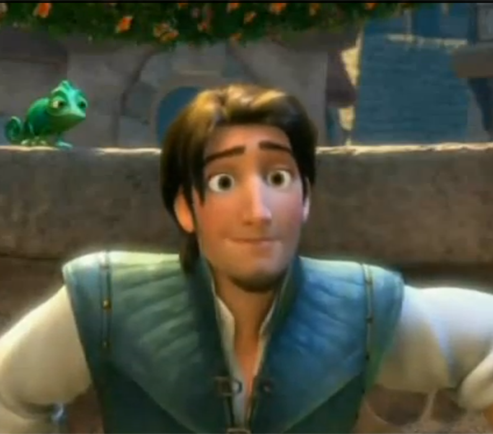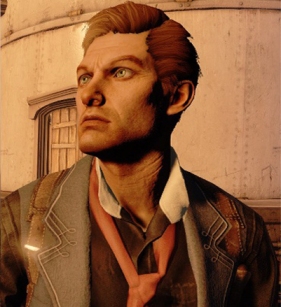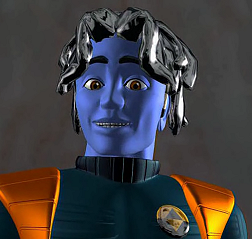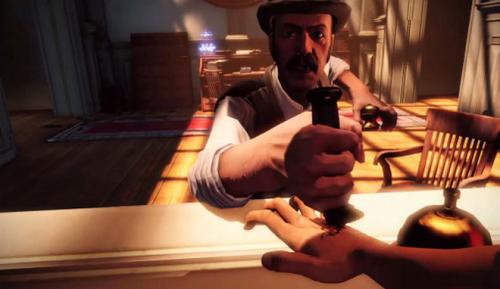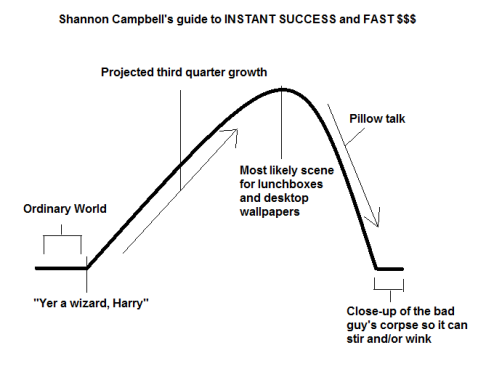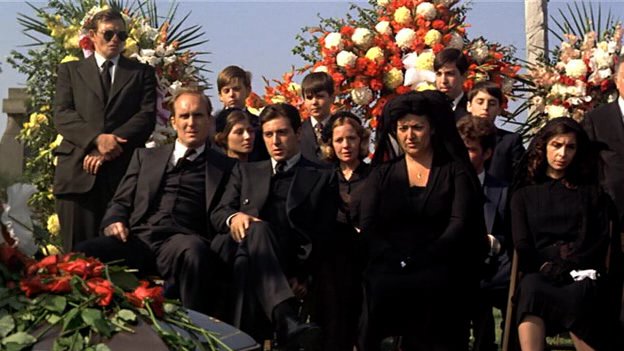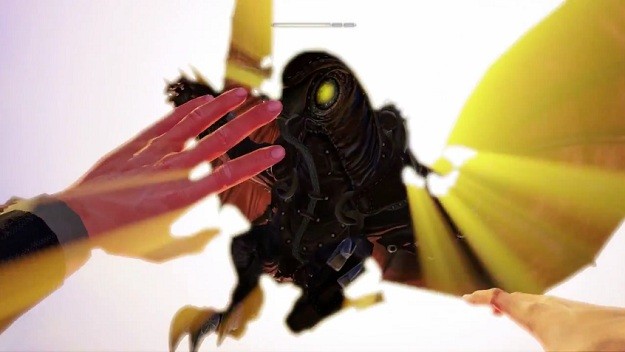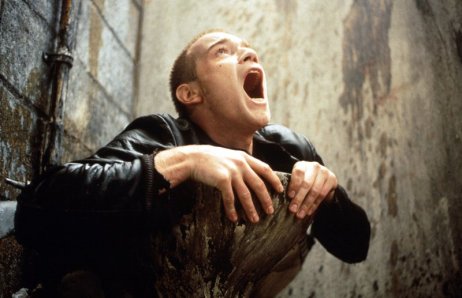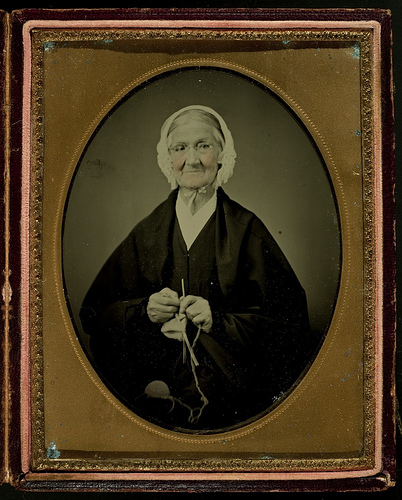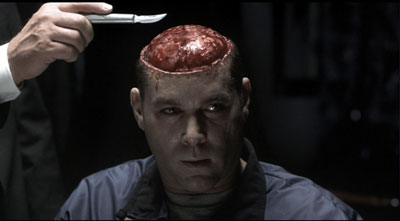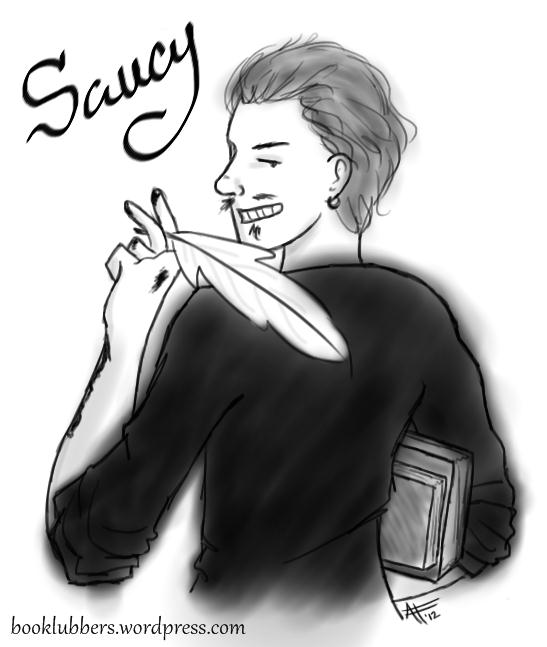Spoilers spoilers spoilers.
We’ve come to the final chapter in our magical journey through BioShock Infinite. If there are still any die-hard fans I haven’t yet alienated this blog post will probably be where we part ways, which is fine, because I’ll have nothing more to say about Infinite and we’ll be done here. But please don’t take it personally. I hope we can still be friends.
I mentioned in part 2 that Infinite left me wanting in the story department—I didn’t feel like the pacing allowed for the necessary emotional beats to be realized, meaning that the story never really seemed to get where it needed to go. Elizabeth and Booker’s relationship was, sadly, a casualty of this rushed pace, and given the nature of the game that is a tragedy indeed.
The storybook Disney princess aspect of Elizabeth is marvelous and I dug her delight, her dresses, and her wide-eyed earnestness. I’ve said previously that Songbird, properly used, would’ve played off this perfectly. If done right, we would’ve questioned who was the more monstrous: Elizabeth’s captor, or the prince who saves her.
Sadly that intellectual venture is lost to us; possibly the writers were aware of it, and felt that to indulge in the at-times blatant Disneyfication would be to plant too many romantic tropes between Elizabeth and Booker. Nevertheless I still felt those tropes were there, and in abundance—the guitar scene is a prime example. In any film that scene is where the dude is suddenly struck by the chick’s traditional feminine beauty which, for some reason, he’s never noticed until now.
The small bit we see of Booker is that he’s maybe mid-30’s, all gruff and sexy and rugged. Elizabeth is 18 or 19, naïve and good-intentioned with a heaving bosom. I spent approximately 15% of my game-playing energy willing them to make-out.
When Booker is revealed to be her dad I was disappointed for a number of reasons—which we will get into shortly—but also because it seemed to ignore any of the romantic tension I’d been so strongly picking up between them. Maybe it was my imagination, of course—but if it was, then it was because several decades’ worth of tropes were conspiring towards it. Maybe the writers knew that and were playing it up intentionally, or maybe it was a big mistake. It’s unclear, and not really important, because there are other problems at work here.
The revelation of their relationship didn’t really any new dynamic to the tension between them. It seemed to kind of fizzle out with a toot, never going anywhere; there was no soppy father-daughter relationship or angry you-traded-me-for-money confrontation. There was, perhaps, a sad resignation—which is a bit tragic in its own regard but I’m not even certain that it even really happened, because Infinite rushed us through the moments before we could be process any feeling. The end result was that the two just grew less interesting as a team, rather than more so.
And what if the chemistry was intentional? Perhaps it was their desire to make the player uncomfortable for having picked up on romantic cues. If so, it didn’t work on me—they didn’t go far enough for me to feel squirmish and I honestly would much rather have the story go all Oldboy on me than watch whatever tension there was between Booker and Elizabeth evaporate into sad-eyed thin air.
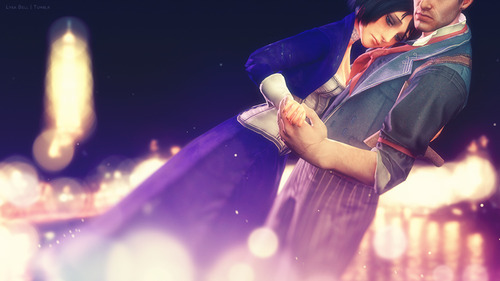
INCEST IS BEST. Via tumblr.
But like I said, the Booker = Comstock revelation is disappointing for other reasons, as well.
It’s dumb when the good guy turns out to be the bad guy. There are exceptions, of course (which I can’t list here because the spoiler warning is for BioShock Infinite only) but in general it tends to come across as clichéd and tired. These days we generally expect our protagonists to be conflicted and plagued with inner demons, so coming out with a revelational “They could ALSO have been a bad guy!” is a bit redundant—it’s a plot twist best left to Golden Age comics and Disney Saturday Mornings, where our heroes are bright and shining and free.
In this case it’s particularly dangerous, because Booker suffers from white-guy-with-stubble syndrome and has little to offer us other than world-weary one-liners and a sexy jawline. His only characteristic is “slightly disgruntled”. Comstock, meanwhile, lacks conviction, insanity, or deviousness—the qualities we hope for and admire in a truly good villain. The end result is a twist that tells us that one boring, bland character is actually another boring, bland character, seen through a different (also boring) lens.
We deal with Comstock frequently enough that his legions grow tiresome and he never seems to pose a threat—at least, not in the way Songbird does, and we’ve already talked about that. So revealing that Booker and Comstock are one and the same provokes nothing more than a tired “Oh. So what?”
That’s not, however, to say that it’s entirely without its merits. Comstock’s death at Booker’s hands (screaming about abandoning his daughter) is a good moment. It’s direct, it’s engaging, and we know immediately how to interpret it. But that moment could have still existed without Booker being Comstock, OR Elizabeth’s father.
If we must include that duality of Booker-Comstock, it would have been far more interesting to pursue an incest route. It’d be super-dark, of course, but hear me out:
Booker and Elizabeth develop a relationship slowly over the course of the game. Comstock seems obsessed with his daughter (much more so, anyway), building statues in her honour, plastering her face all over the city. When the truth is revealed, Booker sees his own romantic interest in her as being just as corrupt and vile as Comstock’s obsession and subjugation of her—and the duality serves better to crush Booker.
It’s a dark place, I don’t deny it. But damn if it wouldn’t have been compelling. And, perhaps, if Booker’s sins were greater, Comstock wouldn’t need to be a better villain—Booker would do all the work for him.
I’m not diminishing Booker’s crimes, of course—he participated in grisly massacres and sold his infant daughter—but he’s spent the course of the game redeeming himself for these crimes, via his journey through Columbia’s corrupt bowels and his relationship with Elizabeth. By the time these infractions are revealed I’ve already forgiven him. The darkness inside him must find a new way to be unleashed for the villainy to reflect back on Booker.
The other problem with the Booker-Comstock thing is that it makes no sense logistically. When people move through the tears they absorb the memories of their counterpart in that world—thus the nosebleeds and the conflicting memories. So why doesn’t Booker just absorb Comstock when he enters his world? Also, why is Comstock so much older? Are all the Bookers just pulled from 15-20 years earlier than the present Comstock? (This may actually have an explanation: perhaps poor old Booker drinks himself to death before he hits 40 in all non-Comstock dimensions.)
But I’ll often allow a plot hole or five if the rest of the idea is compelling enough; despite what my blog posts might lead you to believe, I am the forgiving sort. So it’s just unfortunate that the duality displeased me for other reasons. Alas!
But that aside, what of the ending itself? The scene where all Bookers are drowned before he can become any Comstocks?
Well. What indeed. I’ve mentioned in other posts on this blog how much I believe in an assortment of endings—I think games should have dark endings and beautiful endings and sad endings, and when a happy ending doesn’t seem narratively appropriate, tuck it away somewhere anyway, because you never know when you might want it.
In Mass Effect, for example, I know Shepard has to make her own way and that way is best when it’s heart-breaking, but maybe when I’m replaying the game in a few years I’ll want to give Shep a happy ending, even though I know in my heart it can never be so. But that’s Mass Effect, a non-linear multi-title epic full of love and friendship and betrayal and challenges. The choices are yours, and the ending should reflect that freedom.
BioShock Infinite is different. There is one tale, and one tale only—and this isn’t a problem. I take great pleasure in trusting a master storyteller, and I would love nothing more than a game that can make me feel heartbroken and changed. So I am absolutely not suggesting Infinite should have a happy ending. That would be an abomination.
But in BioShock 2 (a game many condemned but which I feel Infinite pays a lot of debt to, thematically) Eleanor lives. No matter what, Eleanor lives.
Our dear Elizabeth, however, must die–or rather, never exist in the first place.
There’s something infuriating about being told that all our hard work was for nothing. That’s why we’ve grown out of deus ex machina storytelling; we want our heroes to earn their success or die trying; magical solutions can go to hell. Infinite does not, exactly, take away our accomplishments—now there will never be a floating death city waging war from above on the unsuspecting nations of the world—but it does take away Elizabeth, and people find that truly upsetting.
I can’t really weigh in on this. As I’ve mentioned, Infinite alienated and abandoned me at so many places along the way that I couldn’t find myself in the ideal mindset to miss or mourn any of the characters (except for the Luteces, but they’re practically heaven incarnate). But I can imagine that frustration and I do think it’s a valid point.
Does this mean video game stories are inherently limited? Can they have the freedom of books or movies, or will there always be certain endings that are off-limits because gamers don’t like putting in hard work for seemingly little reward? While the past few years have introduced some really amazing storytelling in games I still feel like the field is very young, and only time will tell.
I suppose it’s time for some conclusive thoughts. It has, after all, been a long journey. In the end, despite everything I’ve said, I would recommend that people get BioShock Infinite because there’s so much going on it’d be sad to let it go inexperienced. But I also think people need to adjust their criteria; glitz and glam does not a 94% game make; such a game requires foresight and a marriage of gameplay and storytelling that seems heaven-sent, not star-crossed. Games and game storytelling have to struggle against the tight constraints of deadlines and budget cuts, and in such cases story is usually the first thing to get the shaft. There’s naught to be done about this except demand better—hold out on giving those perfect reviews. Someday a game will come along that sweeps us all of our feet, but let’s be romantics and wait until that day.


